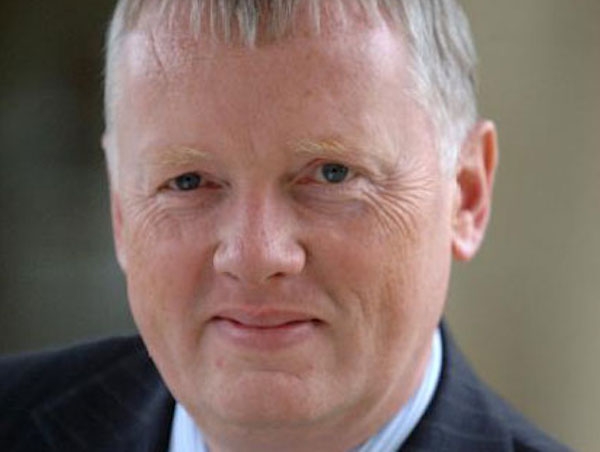Chancellor Jeremy Hunt’s National Insurance (NI) cuts, which come into effect on Saturday, could hit the future funding of the state pension and current triple lock.
The main rate of National Insurance will be cut by two percentage points tomorrow, from 12% to 10%, as set out in the Autumn Statement.
Mr Hunt said: “The cut in national insurance by 2% means that a typical family with two earners will be nearly a thousand pounds better off this year.”
The change comes ahead of rising speculation that a handful of major tax cuts could be announced in the spring budget which is set to be revealed on 6 March.
But Aegon’s pension director Steven Cameron warned that while the change has been positioned as a ‘tax’ cut, “National Insurance operates differently from income tax.”
He said: “First, individuals above state pension age (currently 66) are already exempt from paying NI. So they won’t see any difference to their finances.
“Second, unlike income tax rates which are set by devolved Governments, the NI change will benefit those across the UK including those in Scotland, many of whom face an income tax hike come April.
“Third, the NI cut doesn’t affect the generosity of pensions tax relief. Had income tax been cut instead of NI, pensions tax relief would have been reduced accordingly.”
He said the change raises a concern over how state pensions are funded.
Mr Cameron said: “Today’s state pensions are paid for from the NI of today’s workers. The cut will mean less NI receipts even though the state pension is increasing by 8.5% in April, more than double the current rate of inflation.
“Our ageing population, combined with the current triple lock mechanism, means the costs of state pensions are rising sharply. Reducing NI contributions, their primary source of funding, adds to the challenge, potentially requiring alternative state pension funding sources from general taxation in future.”

